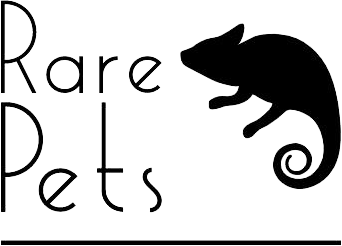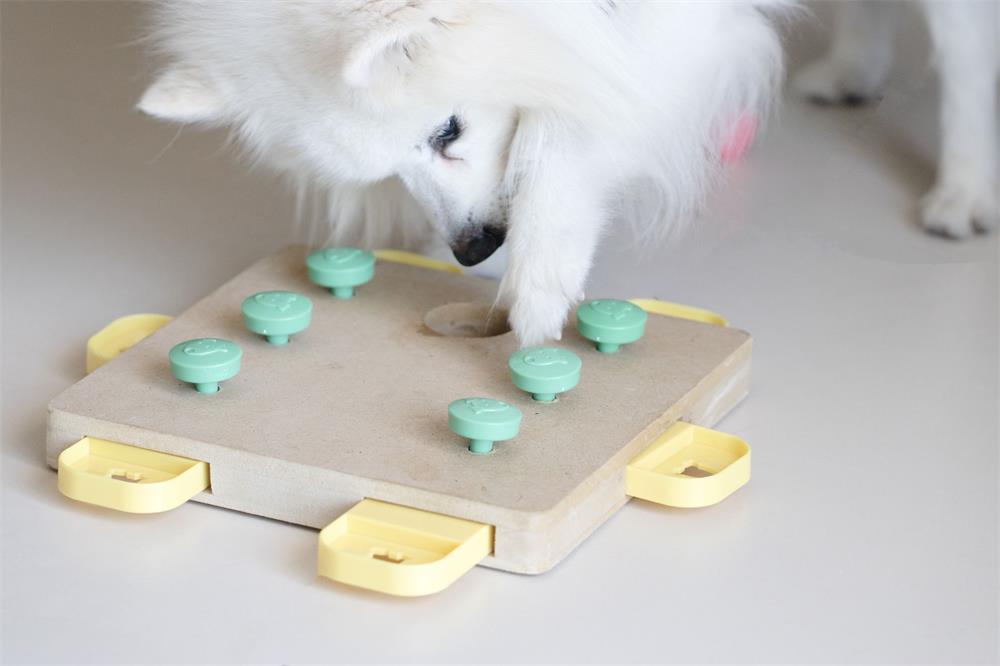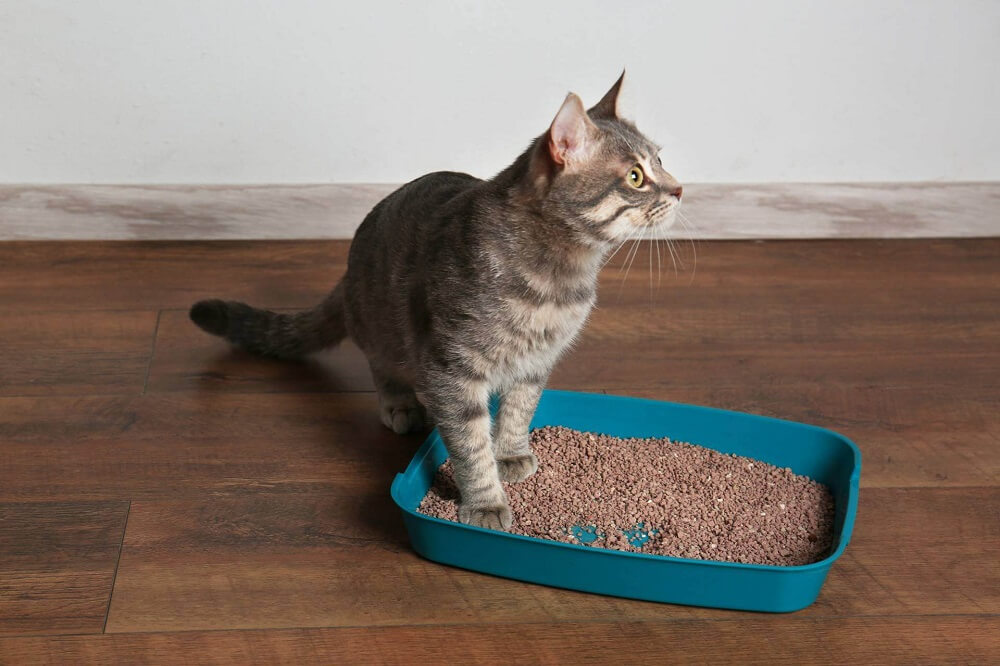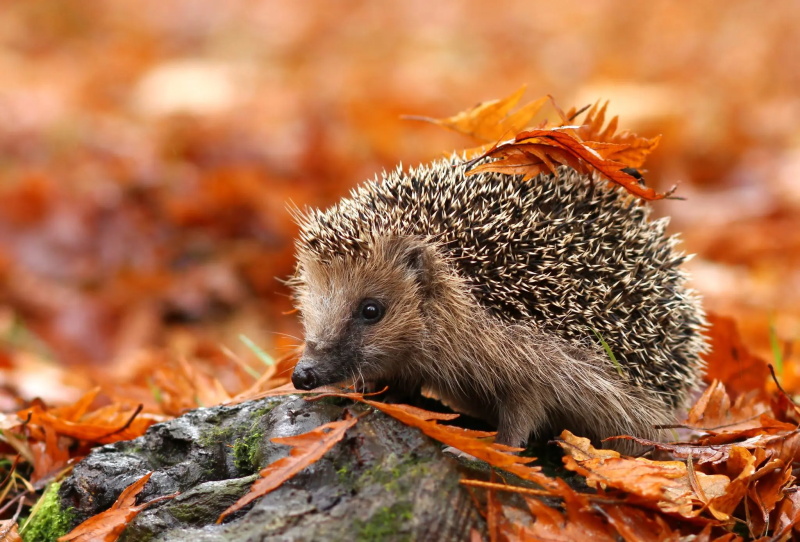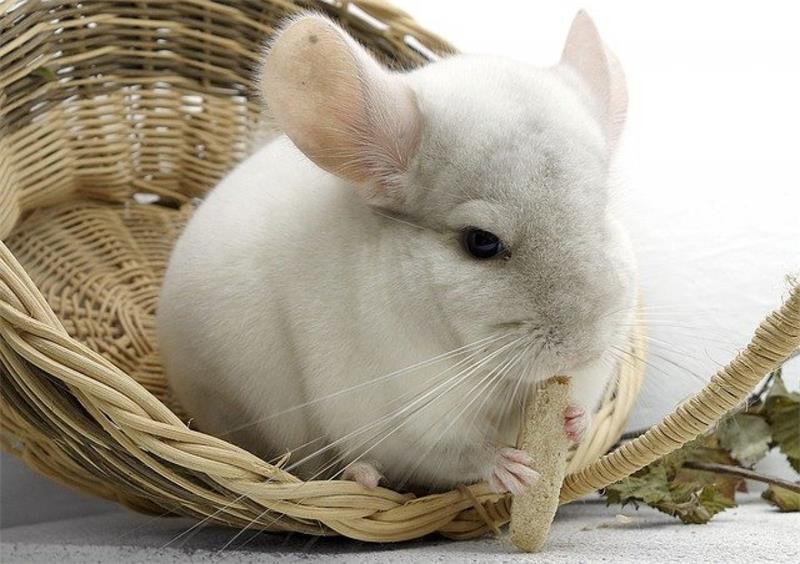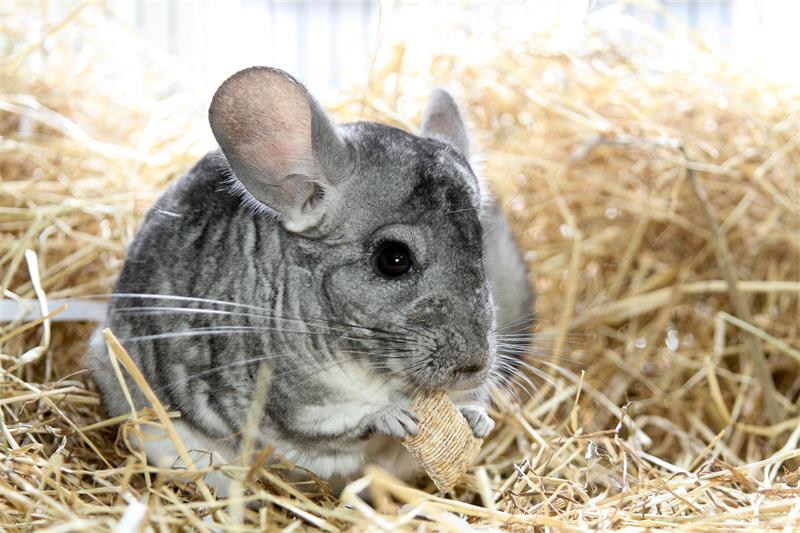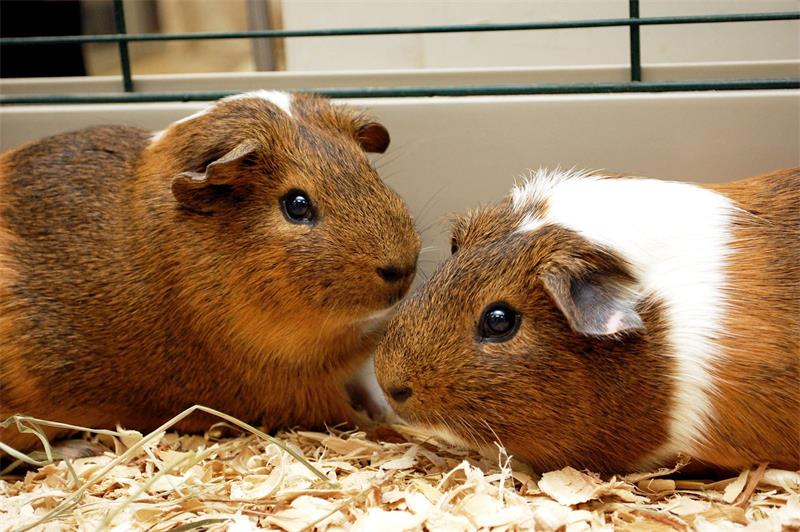
Table of Contents
Guinea pigs are popular pets that require a balanced and varied diet to stay healthy and happy. They have some special dietary needs that owners should be aware of, such as the need for vitamin C and hay. This article will provide an overview of the nutritional needs and dietary guidelines for guinea pigs, as well as some tips on feeding them.
Hay and Grass
Hay and grass are the most important part of a guinea pig’s diet. They should make up at least 85-90% of their daily intake. Hay and grass provide fiber, which helps keep their digestive system functioning properly and prevents gastrointestinal problems. They also help wear down their teeth, which are constantly growing and can cause serious dental issues if not kept in check.
The best hay to feed guinea pigs is timothy or oat hay. Alfalfa hay is too rich in calcium and protein and should be given only sparingly or to young, pregnant, or nursing guinea pigs. Guinea pigs should have fresh, good quality hay available at all times.
Guinea pigs should also have access to fresh grass as often as possible, ideally every day. They naturally graze on grass, herbs, and some other plants (such as dandelion or groundsel) for long periods, both day and night. However, never feed them lawnmower clippings, which can upset their digestive system and make them ill.
Pellets
Pellets are a supplementary food that can provide some extra nutrients to guinea pigs. However, they should not be the main source of food or replace hay and grass. Pellets should make up only a small portion of their diet, around 1/8 cup per day.
The best pellets for guinea pigs are those that are specifically formulated for them and are grass-based. They should contain at least 16% fiber, 14-16% protein, 1% fat, and 0.6% calcium. They should also be fortified with vitamin C, which is essential for guinea pigs’ health.
Guinea pigs should be fed fresh, good quality pellets that are not expired or moldy. Pellets should be stored in a cool, dry place and away from sunlight to prevent vitamin C degradation. Pellets should not be topped up but replaced daily to ensure freshness and prevent selective eating.
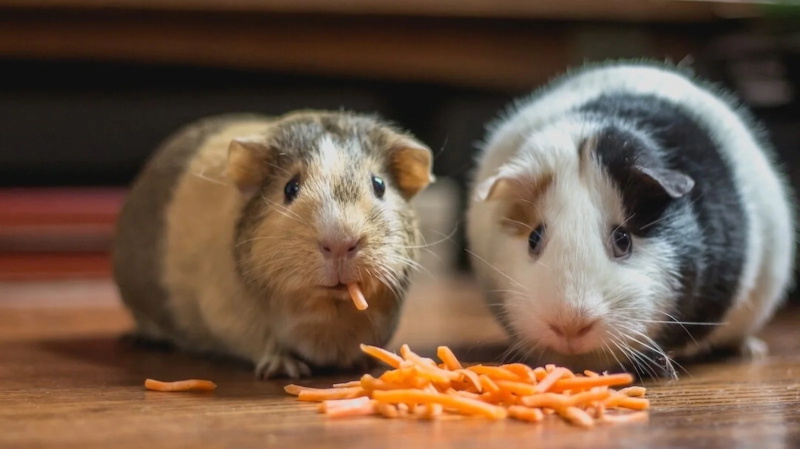
Fresh Vegetables and Fruits
Fresh vegetables and fruits are another source of vitamins, minerals, and antioxidants for guinea pigs. They can also add some variety and enrichment to their diet. However, they should be given in moderation, as too much can cause diarrhea, obesity, or bladder stones.
Guinea pigs should have a teacup amount of fresh vegetables per day, preferably a mixture of different types to prevent mineral imbalances. The best vegetables for guinea pigs are those that are high in vitamin C, such as red pepper, kale, turnip greens, mustard greens, other dark green leafy vegetables, and sugar snap or snow peas. Other vegetables that can be given occasionally include carrot, celery, cucumber, tomato, zucchini, parsley, cilantro, basil, mint, etc.
Fruits should be given only as treats, in small amounts (no more than a teaspoon per day). Fruits are high in sugar and can cause dental decay or weight gain if overfed. Some fruits that guinea pigs can enjoy include apple (without seeds), banana (without peel), strawberry, blueberry, raspberry, blackberry, kiwi (without skin), papaya (without seeds), etc.
All fresh vegetables and fruits should be washed thoroughly before feeding to remove any pesticides or dirt. They should also be chopped into bite-sized pieces to prevent choking. Any leftovers should be removed from the cage after each feeding to prevent spoilage.
Water
Water is essential for guinea pigs’ hydration and health. They should have fresh, clean water available at all times. Water should not be distilled or contaminated, and should be filled up from the kitchen sink or refrigerator. Water should be changed daily to prevent bacteria growth and ensure freshness.
Guinea pigs should drink water from a glass or plastic bottle that is specially designed for small pets. The bottle can be attached to the outside of the cage or hutch with a metal or spring fastener. Plastic water bottles degrade over time and should be replaced every year, while glass bottles are more durable and better quality.
Guinea pigs can drink tap water as it is, straight from the tap, or filtered if you own a water filter. They should always be given cold water and not warm or hot water. They should not be given milk, juice, or any type of sweetened water, as these can cause digestive problems or dental decay.
The amount of water guinea pigs drink depends on their weight, activity level, diet, and environmental temperature. They can consume anywhere between 50ml to over 300ml of water every day. They may drink less water if they get it from fresh food like cucumbers and other vegetables. However, they should never be left without water as they can become seriously ill.
You can monitor your guinea pigs’ water intake by checking their bottle daily and noting any changes. Any increase or decrease in their water consumption could indicate an underlying medical condition. If you notice any signs of illness, such as lethargy, loss of appetite, weight loss, diarrhea, or abnormal droppings, you should consult your vet immediately.
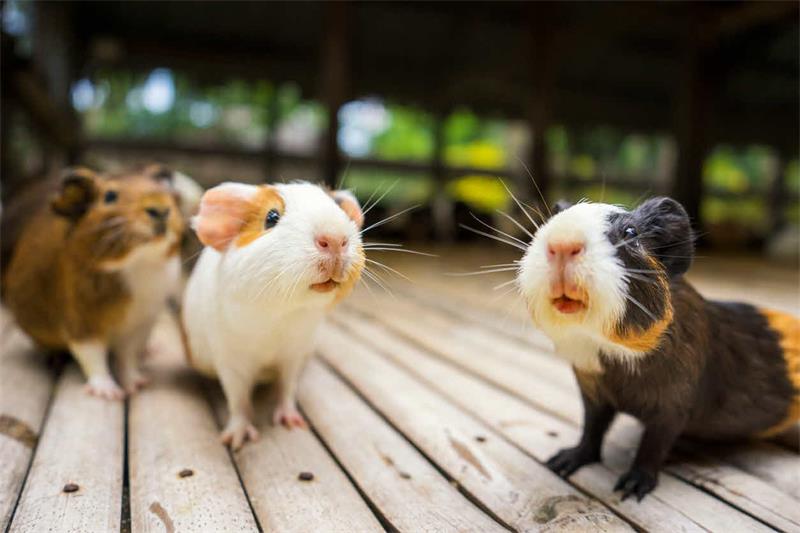
Conclusion
Guinea pigs are herbivorous animals that need a balanced and varied diet to thrive. Their diet should consist mainly of hay and grass, supplemented with pellets, fresh vegetables and fruits, and water. They have some special dietary needs that owners should be aware of, such as the need for vitamin C and hay. By following these nutritional guidelines, you can ensure your guinea pigs have a long, healthy, and happy life.
